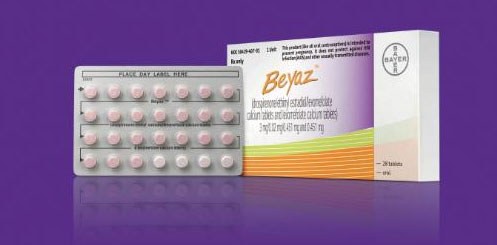Eggs May Not be Safe for Consumers
During the next 15 months, the U.S. Food and Drug Administration (FDA) investigators will team up with state and local partners to check the 600 largest egg production facilities in the United States.
The inspections are part of a new egg safety rule that went into effect July 9. The rule aims to prevent outbreaks of Salmonella Enteritidis like the one that has sickened nearly 1,500 people, said FDA in a statement issued Saturday (September 4).
Recently, FDA had announced that an outbreak of Salmonella Enteritidis has sickened hundreds of people across the country. That led to a recall of shell eggs. (Read: Egg Recall: Shell Eggs Can Cause Serious Illness)
Also Read:
FDA Approves ella for Emergency Contraception
P&G Announces Recall of Dry Pet Foods
Toyota to Recall Avalons to Fix Steering Glitch
According to FDA, healthy persons infected with Salmonella often experience fever, diarrhea (which may be bloody), nausea, vomiting and abdominal pain.
In rare circumstances, infection with Salmonella can result in the organism getting into the bloodstream and producing more severe illnesses such as arterial infections (infected aneurysms), endocarditis and arthritis.
Salmonella can cause serious and sometimes fatal infections in young children, frail or elderly people, and others with weakened immune systems.
Shell eggs under the August 13 recall were packaged under the brand names: Lucerne, Albertson, Mountain Dairy, Ralph’s, Boomsma’s, Sunshine, Hillandale, Trafficanda, Farm Fresh, Shoreland, Lund, Dutch Farms and Kemps.
The recall affected eggs shipped since May 16, 2010 were sent to food wholesalers, distribution centers and foodservice companies in California, Illinois, Missouri, Colorado, Nebraska, Minnesota, Wisconsin, Arizona, Texas, Georgia, Washington, Oregon, Nevada, Utah, Arkansas, Oklahoma and Iowa.






